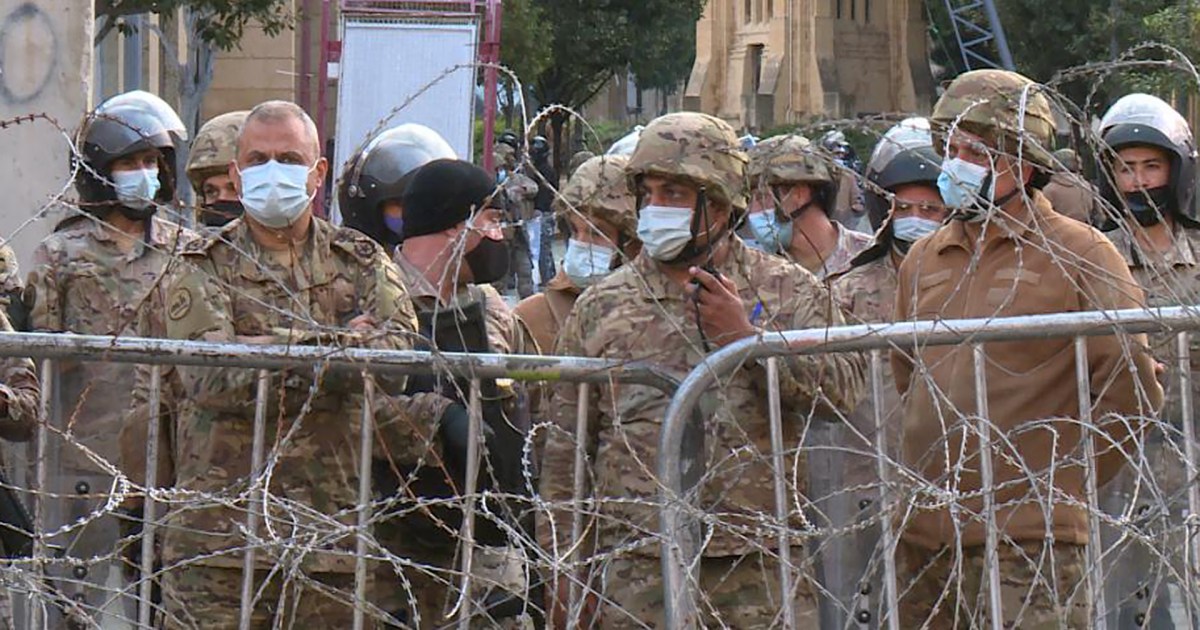Stratfor commented on what it described as the sectarian fighting in Lebanon over the weekend that could increasingly put the country at risk of descending into greater civil strife, by spurring a cycle of deadly revenge attacks that the government and army may struggle to control.
The US website indicated that at least two people were killed in the volatile town of Khaldeh, located 15 kilometers south of Beirut, on August 1, when unknown gunmen ambushed a funeral procession for a Hezbollah commander killed the previous day, forcing the Lebanese army to To spread to restore order.
On August 2, at least one person involved in the funeral attack was arrested.
He noted that in August 2020, violent clashes between the Khaldeh Sunni and Shiite clans prompted the army to send troops, and local leaders eventually managed to defuse the tensions that led to that escalation.
He warned of the possibility of more violence between the Lebanese communities in the coming weeks and months, despite what appears that this escalation has ended.
Sectarian militias are more likely to fill in any security gaps left by the military, and those local armed groups are also likely to be less professional in dealing with grassroots violence and can be drawn into local conflicts.
But with Lebanon's economy in crisis and its social fabric eroded by political blame maneuvers and recurring protests, increasingly frustrated Lebanese will likely be motivated to act violently to address grievances that their impotent government cannot address.
In this context, the site sees other turbulent areas in Lebanon that could witness similar clashes, including Tripoli in the north, where Sunni and Shiite families share a bloody history.
Stratfor added that continued violence, along with deteriorating professionalism and the inability of the cash-strapped Lebanese army, could send the country back into a major internal conflict.
Sectarian militias are more likely to fill in any security gaps left by the military, and those local armed groups are also likely to be less professional in dealing with grassroots violence and may themselves be drawn into local conflicts.

